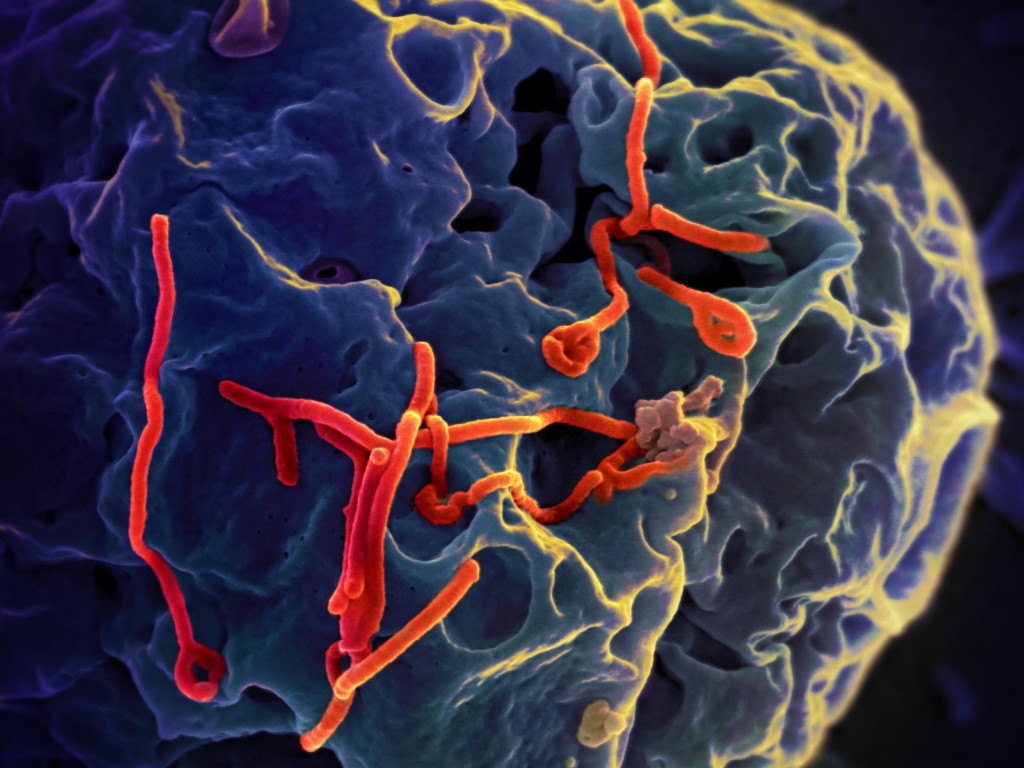Photo via Flickr
A day after the Centre for Disease Control announced the first case of the Ebola virus on American soil, Australia all but ruled out sending health workers to combat the epidemic.
On October 1, Foreign Minister Julie Bishop told Parliament that the Australian government would not send medical experts to west Africa without a “safe and credible evacuation plan”.
Citing the lack of an appropriate military aircraft to evacuate infected workers, Ms Bishop said the potential for a 30-plus-hour flight time from west Africa to treatment in Australia was “dangerous”.
“The ideal time is under 10 hours, so a flight time of 30 hours to evacuate back to Australia is logistically and clinically unsafe,” she said.
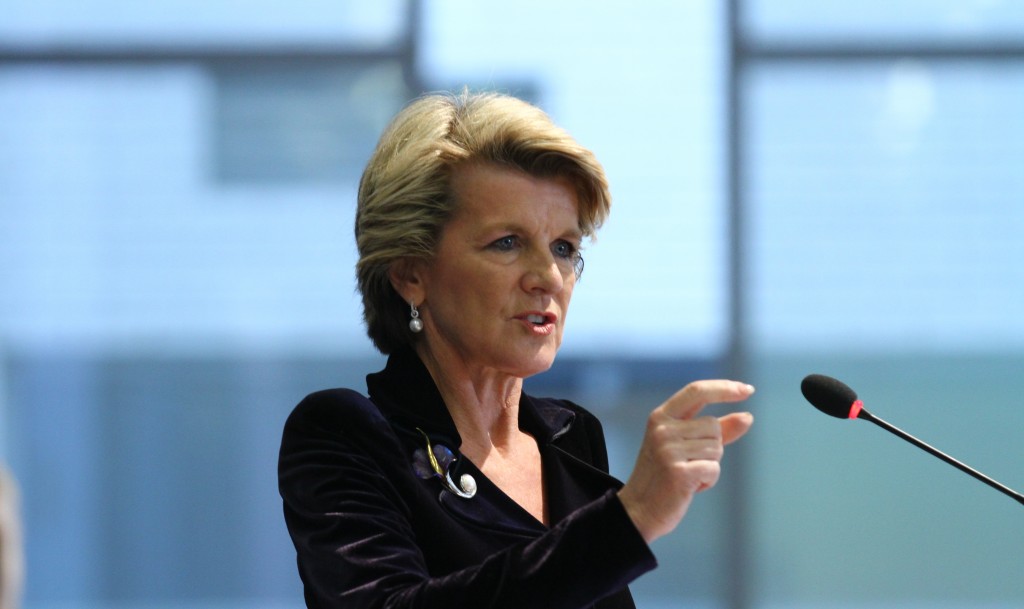
Photo via Flickr
The Foreign Minister said the government was exploring alternative, closer locations to evacuate infected patients to.
She also highlighted the Australian government’s $48 million contribution to the World Health Organisation.
Such nuances were lost on many who made it clear online and in conversation that they felt that Australia had “abandoned” west Africa, its obligations, and the health workers already in west Africa of their own accord.
Many spoke reverently of the response of the American government: 3000 US troops sent to west Africa to aid in the construction and guarding of and training at 17 new Liberian hospitals, as well as the rapid response of the CDC in sending staff at the beginning of the crisis.
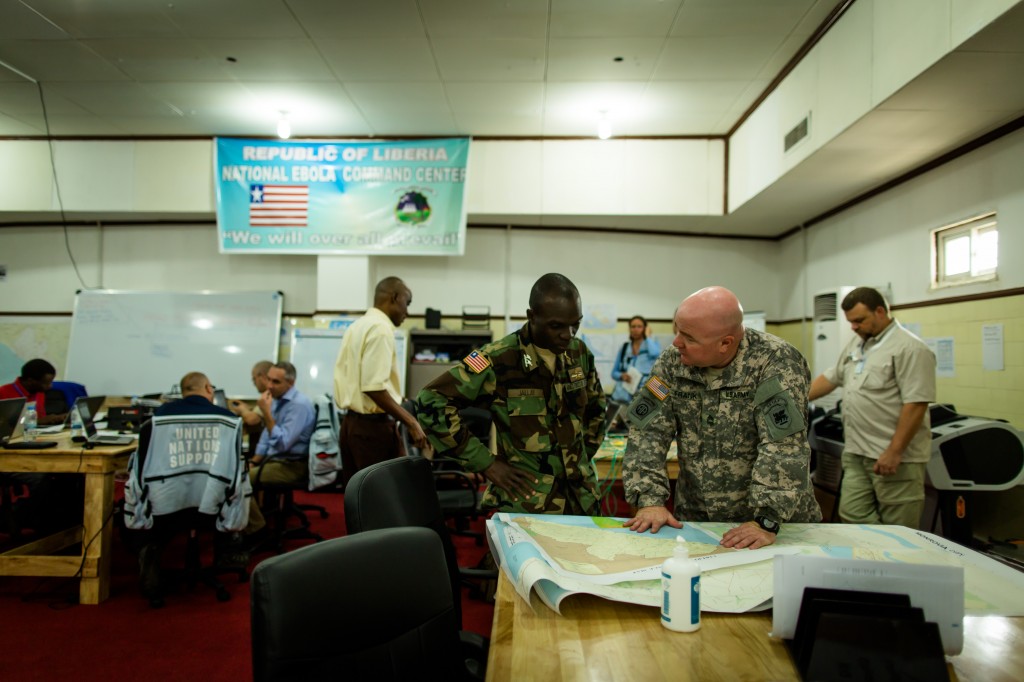
Photo via Flickr
Many asked “Why aren’t we doing that?”
The reason the Australian government does not step in to help with federal resources is not as partisan and simple as some suggest.
The Australian government will do what it will, and there is no panacea for fear and apathy, but several experts have attempted to explain America’s readiness to help in contrast to Australia’s unwillingness.
Associate Professor Timothy Lynch of Melbourne University said that while America and Australia had similar societies that contributed to panic over the virus, the differences are what divide the two.
“Both states are physically distant from potential rivals and thus tend to obsess over potential invasions of any sort in a way that Europeans and Asians – people who live very close to one another – don’t obsess about.”
“The persecution of American communists during the Cold War and the reaction to the [Ebola] disease today are part of a common thread. ”
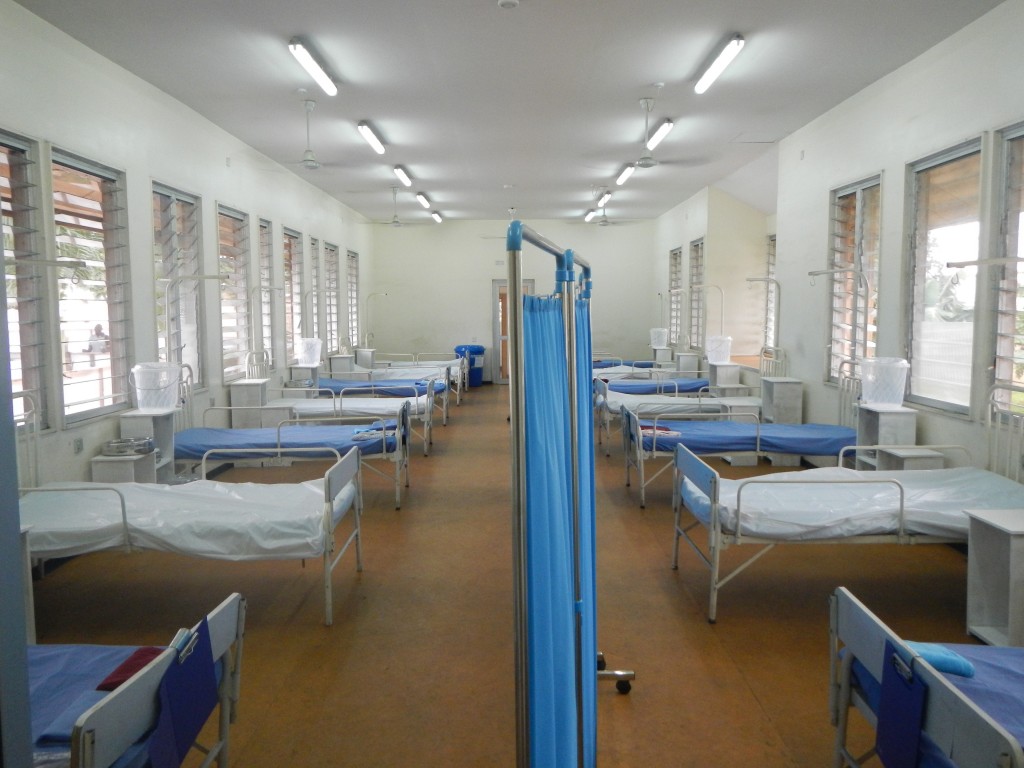
Photo via Flickr
However, Professor Lynch said, what draws America into the epidemic are its “historical, institutional connections to west Africa”.
“These connections are particularly strong in Liberia, that was set up by America in the 1820s as a home for freed slaves from the United States,” he said.
“There’s a connection to this problem that Australia simply does not have. Compare it to France’s ongoing interest in Algeria, or the British with Iraq. These colonial connections endure.”
Tim O’Connor, of UNICEF Australia, said that regardless of its lack of historical links to the area Australia had a moral and legal obligation to send aid.
“Australia as a responsible member of the global community must do all in its power to ensure the epidemic is contained and those with the disease are treated,” he said.
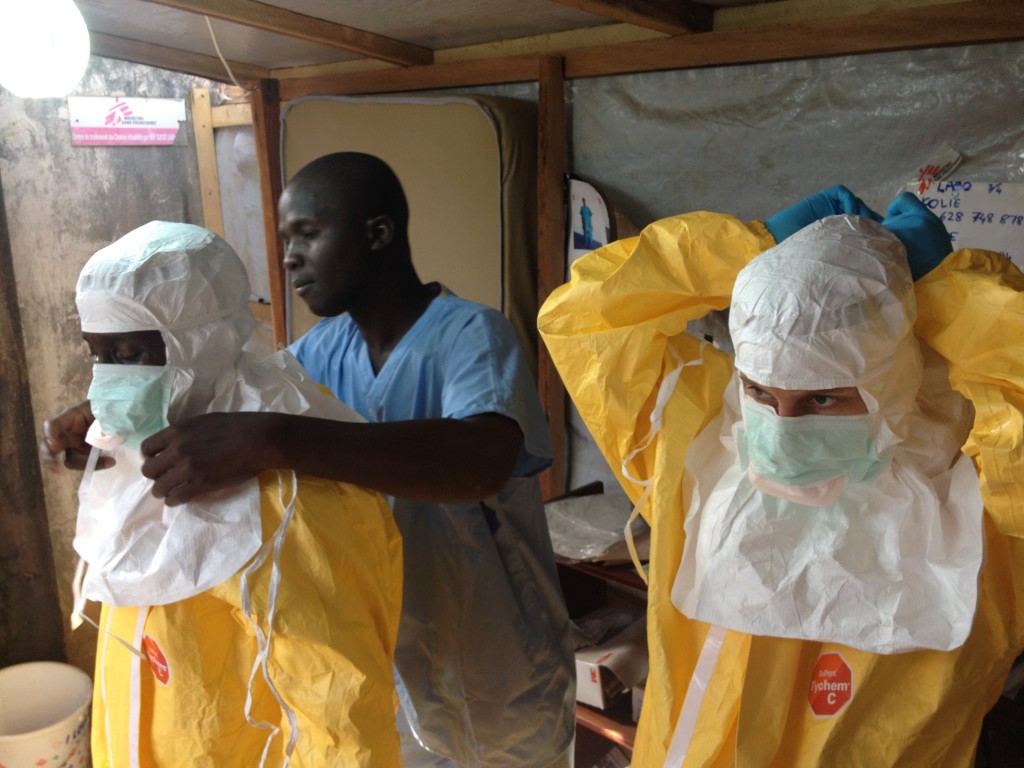
Photo via Flickr
Mr O’Connor also reiterated the UN’s need for trained medical personnel first and foremost.
Additionally, Australia’s support for a recent Security Council resolution calling on member states to deliver assistance, including “qualified, specialised and trained personnel and supplies, in response to Ebola” constitutes an obligation.
Whether true or not, the Australian government is sending the message that it believes it does not have the ability to meet that obligation.
More worrying to some is the government’s earlier statement that health workers in west Africa had to be sure of their employer’s ability to evacuate them.
With 12 Australian doctors already in west Africa with aid organisation Médecins Sans Frontières (MSF), the fear of being left high and dry by their own government is real for some Australians.
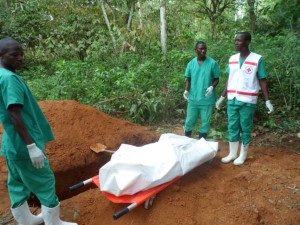
Photo via Flickr
Should Australians be deployed through UNICEF, Mr O’Connor said, they would be subjected to the most stringent monitoring and screening possible.
“We’ve got sophisticated precautions to stop infection. Doctors treating people with the virus are examined 15 minutes to ensure that they are not infected,” he said.
“At the first sign of infection they are immediately evacuated for screening and treatment, potentially to Nairobi but potentially elsewhere depending on their country of origin.”
There are fears in the community that similar support would not be forthcoming from the Australian government.
Many spoke enviously of the treatment afforded to American nationals infected with the disease: five Americans have been evacuated from west Africa for treatment in the United States.
All five were evacuated and treated using government funds – a stark contrast to the Australian government’s position.
Additionally, two were treated with experimental drug ZMapp – one of several new treatments showing promise. Both recovered.
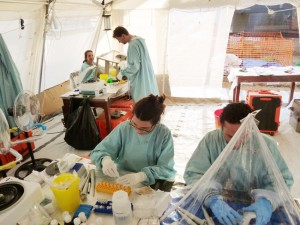
Photo via Flickr
Professor Lynch cited differing levels of political clout and military power to explain this.
“America also has power where Australia doesn’t. America has the power to realise its security,” he said.
Professor Lynch also suggested it’s possible the American fear of the disease is simply louder in the ears of their leaders than it is in ours.
“It’s a matter of scale. With 15 times the population also comes 15 times the obsession with the illness. Australia is small and distant from the epidemic,” he said.
The recent case of a Cairns nurse who returned from west Africa and tested negative for the Ebola virus brings the issue home.
Australia may not have the capacity the Foreign Minister believes we need to repatriate an infected health worker, but organisations such as UNICEF are providing methods of mitigating these problems.

